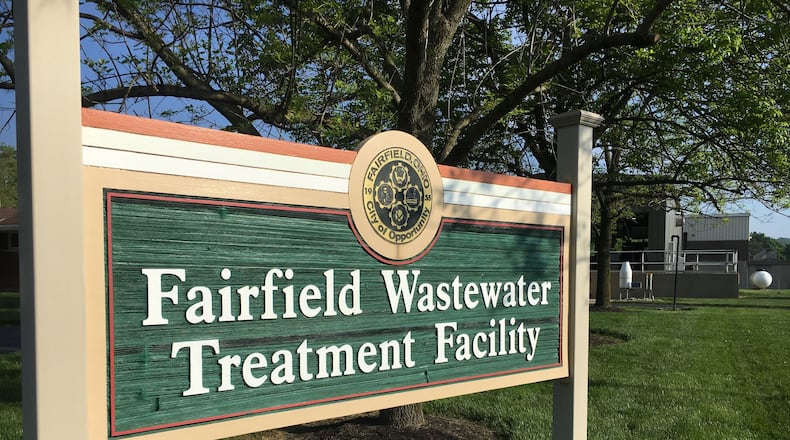Fairfield Mayor Steve Miller said when the council enacted this credit in 1999, it was about “fairness.”
“What we said it was not fair to charge people sewer fees when they’re not using the sewer,” said Miller, who was on council in 1999.
The city’s summer sewer irrigation credit program is designed to provide residents a credit for water used outside that’s not returned to the city’s sewer system. The city places a cap over a five-month span on how much the city can charge a resident for sewer services.
Public Utilities Director Adam Sackenheim said some on City Council wanted to review the program and said his department has received customer calls asking for the credit program’s timeframe to be extended.
In 2020, the credit program cost the city nearly $213,400, he said.
The city designates November to February as the “winter months” from which to calculate the credit. If someone uses 28,300 gallons over those four winter months, the city will take the average ― in this example, it’s 7,075 gallons of water ― then multiply that number by 1.5 to calculate how much to charge for sewer usage.
In the above scenario, any residential sewer customer would not be charged for any sewer usage above 10,612.5 gallons per month during the designated program months.
When first enacted, the credit gave residential customers a break only over four months, and capped it at 125 percent of the average sewer usage. In 2002, the city expanded the credit to six months, but in 2010 City Council rolled it back to five months and increased the charge cap to 150 percent of the average winter water usage.
Besides Fairfield, Hamilton and Butler County Water and Sewer are the only ones in the county to offer a similar program. All three offer a five-month duration, though Hamilton caps its threshold at 125 percent while Butler County Water and Sewer caps its threshold at 100 percent of the average winter water usage.
Cincinnati in Hamilton County also offers an irrigation credit program, but is over nine months and caps it at 100 percent.
“Fairfield, as somewhat typical to Fairfield, we’re not overly conservative, we’re not overly generous as far as the programs are concerned. We’re kind of right in the middle,” Sackenheim said.
Sackenheim said his staff’s recommendation is to maintain the 150 percent threshold, but expand the credit program from May to October as “a lot of people are slit-seeding, aerating, overseeding in October and watering.” The recommended expansion of the summer sewer irrigation credit program will cost the utilities department around $42,700 a year.
Council wil consider the recommendation at tonight’s City Council meeting.
About the Author

